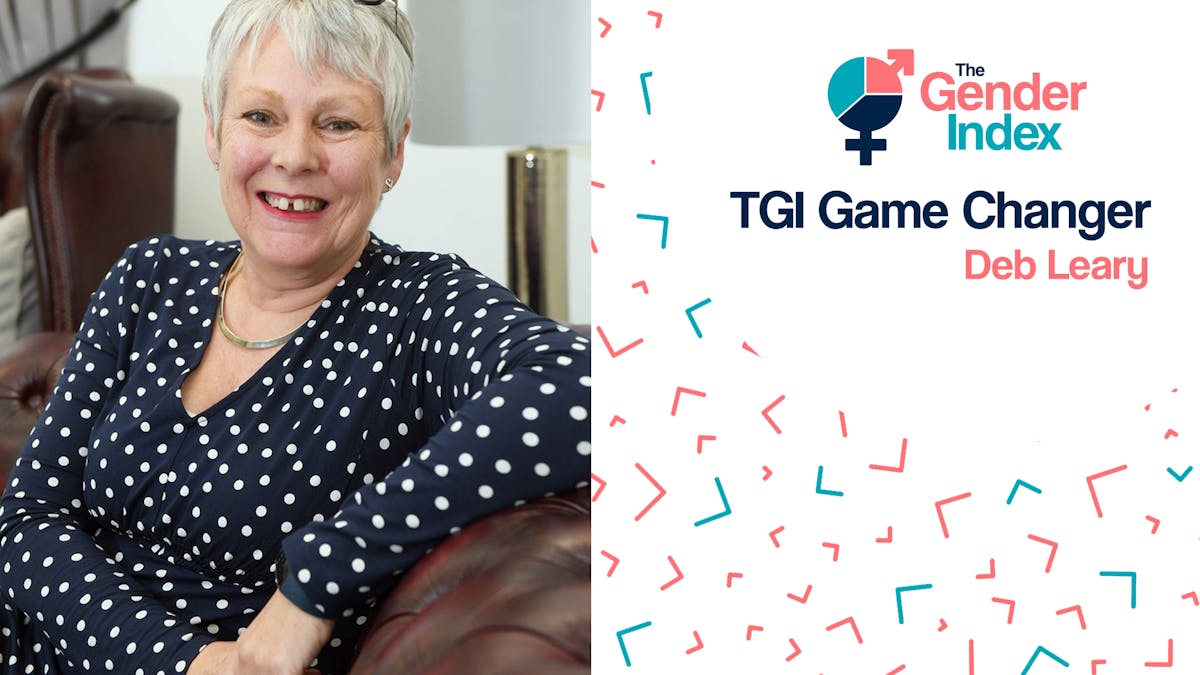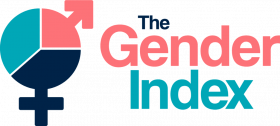We use cookies to effortlessly improve your experience on our site. Cookies also help us understand how our site is being used, so that we can keep making it better. You can read more about it in our cookie policy and change your settings here at any time.
Quality Data is Essential, as is Interrogating it Properly

Next up in our inspiring network of female entrepreneurs and #TGIGameChangers is the founder and managing director of Forensic Pathways, Deb Leary.
Deb shares her wisdom and lifts the lid on her experiences as a female company founder.
When did you start your company? And what does your company do?
We started in June 2001, we’ve been running for 21 years now. Forensic Pathways develops forensic and threat intelligence technology.
Our clients range from police forces to multinational businesses; and we cover areas such as background investigations, social media, open-source intelligence and dark web monitoring.
And – of course – forensics, including crime scene products such as stepping plates (which prevent cross contamination of live crime scenes) and image analysis technology (which can identify the unique source of an image).
How did you go about turning your idea into a company?
I had just finished an English degree and was working as an office manager. I was off to start a teaching job, and in the weeks prior joined my husband (who was a policeman) at a police conference in Toronto for a quick holiday.
Being a bit nosy, I walked into a conference session delivered by Dr Henry Lee, who was involved in the OJ Simpson case. He was talking about mismanagement of the crime scene. A discussion in the bar later got me interested in stepping plates, which are used to keep a crime scene free from contamination. At the time these were cumbersome lumps of aluminium – unstackable and very difficult to clean!
It’s from here that I began investigating making lightweight, see-through stepping plates, which ended up being the first of their kind in the world.
It took a while to get things off the ground. But the eureka moment wasn’t when I had the idea, it was when I took responsibility for it, and borrowed the money to make it happen.
What have been your biggest challenges?
When I began producing stepping plates, I decided to change the design and used a well-known company to help. The design failed and we had to start again. I had the marketplace waiting and I couldn’t deliver the product. It was hard, but I got through it. The next iteration of the plates were fantastic! And it showed me the value of communication and being upfront with clients, especially when mistakes have been made.
Also, with Covid and Brexit, there have been major delays and difficulties with the supply chain, which has gone from five weeks to 37 weeks. And market forces which have seen material prices quadruple.
And as a company owner you don’t get time off. In a three year period I lost my parents and husband, but had to continue running my company. It can be tough. But I do think the pandemic era has brought more humanity to business, which wasn’t there previously.
What have been the highlights?
Winning awards! Particularly our first ones which were Business of the Year and Most Innovative Business in The Mustard Awards. It was a good affirmation!
But most importantly what’s come from the journey. My son works with me and my family has always been very connected to the company. And – of course – the people we’ve brought along the way; a team we are heavily invested in. We’ve also supported students and sponsored PHDs. Our social impact has been good and that is important.
What one piece of advice would you give other female entrepreneurs?
Well I’ve got three.
Don’t be afraid of the numbers!
And project yourself bigger than you are, because one day you will be.
Finally, things don’t go wrong, they just go differently.
Have you received funding and, if so, how have you found the process?
When we started, we received the Government backed Smart Award. Followed by an FP7, which is European funding and was a challenging process. We have also won a number of Innovate UK grants, which were much smoother.
Regarding The Gender Index, why do you feel it’s important to get access to this information and how might it help female company leaders in general?
Unless we measure female entrepreneurship properly, we can’t judge what’s really going on. And we certainly can’t project the future. So collecting quality data is essential, as is interrogating that data properly. Asking good questions of data is key. If we get this right, we can put together programmes that support female entrepreneurs.
Has mentoring and/or access to support networks helped you? And if so, how?
They are fundamental for growth and a vital component of the toolkit needed to evolve. For me, it’s important to link in with other women, who I can learn from and gain support and advice.
I have a good support network, including groups I belong to such as the Women Presidents Organisation, the Organisation for Women in International Trade and the Chamber of Commerce. All are fantastic networks for me to access!
What more would you like to see done to encourage and support women in enterprise?
It comes down to data, so that programmes and support provided are better fit for purpose.
And, we need to start addressing gender disparity when kids are young. My granddaughter informed me that she wants to be a builder but can’t because she’s not a boy! This needs to change. We don’t need Bob the Builder, we need Sarah the Builder! We need better and more diverse role models, accessible for the youngest age group.


